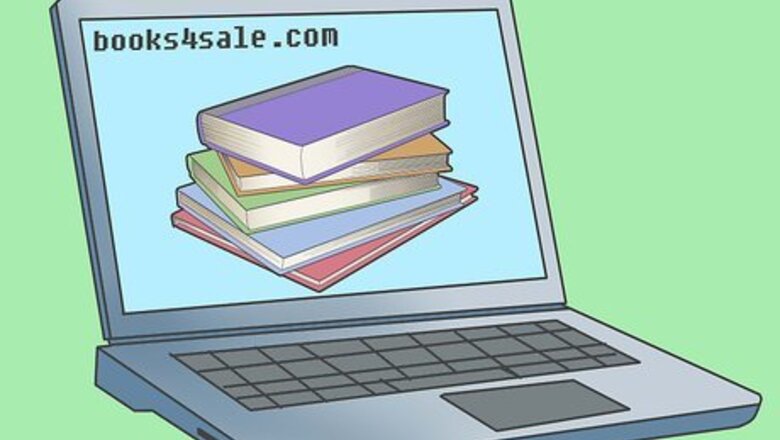
views
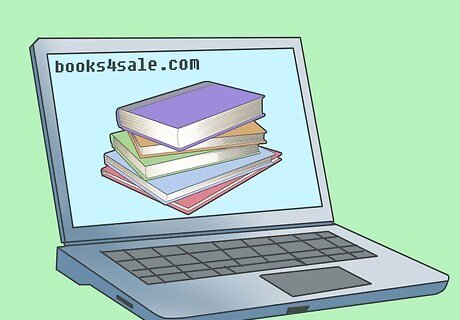
Start promoting your book before contacting bookstores to show that you're serious, then continue promoting it and directing potential customers to the stores that are willing to stock your book. Create a website or blog for the book. Create a press kit. Describe the book and provide contact information. Include only the most influential or glowing reviews. Leave out irrelevant information such as your personal resume. You have about 60 seconds to make an impression with it, so make sure your strongest selling points are on the first page. Send press releases to local newspapers and bookstores. It will be much more effective if you send these to individual contact people, so make some phone calls or do some research to find out the specific person who reviews books in each company. Advertise in local publications. Let your bookstore contact person know that you're marketing the book locally. Offer to put an "available at ..." line in future ads if they will accept the book for sale. Contact local TV and radio stations for interviews. Again, having the name of a contact person will make your efforts more productive. If you have mutual friends, ask them to recommend you to media people they know. Offer to hold author readings at libraries and writing conferences to increase your visibility. Create fliers containing information about your book. Include the ISBN and a brief synopsis. Leave the flyers on public bulletin boards to create local interest. Enlist your network. Ask your friends, neighbors, family, and co-workers-to request the book at their local bookstores. Then resist the temptation to sell your book to those people yourself. Ask them to wait to buy it from the store so that there is a history of good sales.
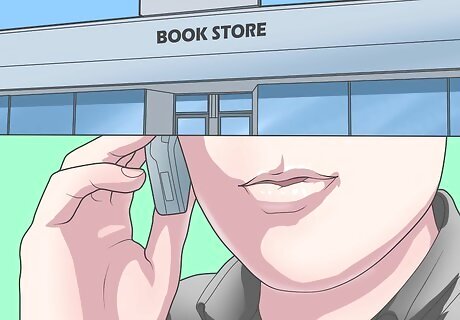
Ask the store to order your book from their distributors. If your book is available through national distributors such as Ingram (or Baker & Taylor for libraries and schools), the bookstore can order directly from the distributor and may be willing to do so just from a phone call. Taking books one-at-a-time on consignment from the author, on the other hand, is much more time-consuming (and thus less profitable) for bookstores than going through an established distributor, which automates reordering, returns, and payments.
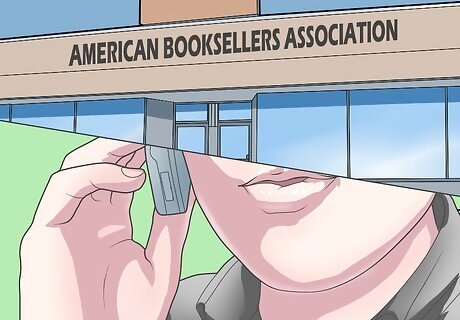
If they aren't interested in stocking physical copies - or even if they are, in ADDITION to the print copies - ask about opportunities to promote the eBook version. Through a partnership between the American Booksellers Association (local independent bookstores) and Kobo Inc, bookstores can sell eBooks and earn a percentage of all device and eBook sales.
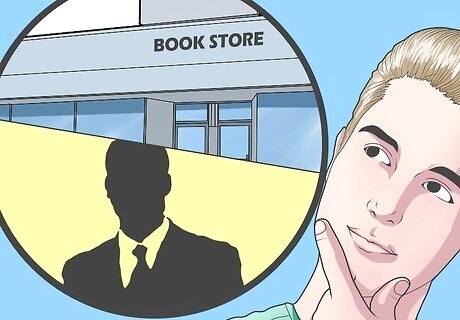
Identify the bookstore contact person. If you are distributing your book yourself, call the bookstore and ask who handles their "consignment" or "local author" books. Start with chain bookstores to get experience with the process; then approach independent bookstores, which are more likely to have a Local Authors section. If you are a local author, the bookstore will be more likely to accept your book as a community service than if you're some distant author who will not be doing local promotion. Ask if you can make an appointment to come in and show them the book.
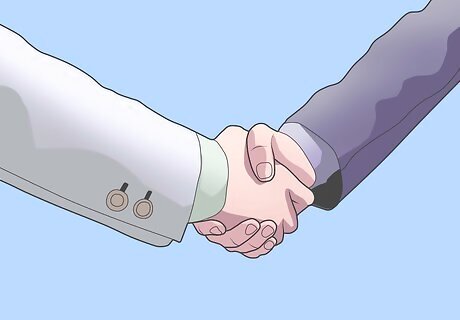
Be professional and respectful. At your meeting with the bookstore contact, distinguish yourself from pushy self-published authors by being easy to work with. When contacting the bookstore, saying that your book is available through online-only booksellers or your personal website is not a selling point; compared with reputable publishers, these methods are used heavily for the "vanity" publishing of books that did not have high enough quality for traditional publishing. Although you may be a long-time customer of that bookstore, you are now the seller and they are the customer. It's fine to say that you love the store (if you do), but don't pressure them to take your book just because you've bought a lot of books from them in the past. Be prepared to leave a copy of the book with the manager or buyer for evaluation. Let them know that you would be available for author signings and readings when the time comes (meaning "if the book sells"). Ask the bookstore contact person if they would like a complimentary copy of the book, but don't ask them to read it; they will read your book if they are interested in it. It is naive to suggest that the store should put your book on their Staff Recommendations shelf, or that they display it at the front counter. Marketing decisions are made by the bookstore, and only amateurs ask to be placed on the store's top-selling, most visible locations before there is a history of strong sales. Do not presume to tell a bookstore that they will "sell a lot of copies." That is out of your hands. Let your results speak for themselves.
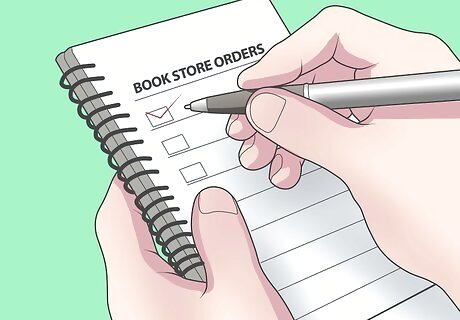
Follow up. Check back periodically with the stores that have taken the book and ask if they need more copies. (Every 6-8 weeks is sufficient.)
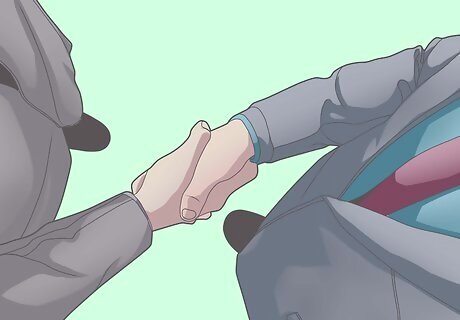
Be as professional at the end as at the beginning. Don't be grudging when the contract time is up and the store asks you to take back unsold copies. They took a chance, and if the book didn't sell, it is largely because the author didn't promote it or send people in to look at it. If you're cheerful and respectful, the bookstore will be much more likely to accept your future work.

Respect staff time. If you're in a busy bookstore, get in and out as quickly as you can. Once the store accepts the book, you no longer need to "sell" it by talking about yourself or the book. It's actually counter-productive to monopolize staff time and doesn't work to get the staff to hand-sell your book. Like every other reader, the bookstore contact person will take a quick look at the book and make their own buying/reading decisions.
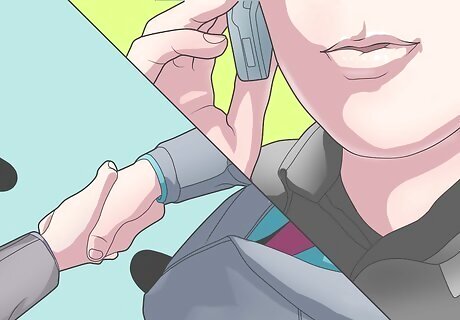
Continue marketing. Once you've gotten your self-published book into bookstores, don't stop working. Push the book as hard as you did before to encourage people to buy it. Your book will be restocked, especially by larger chain bookstores, only if sales are good.



















Comments
0 comment